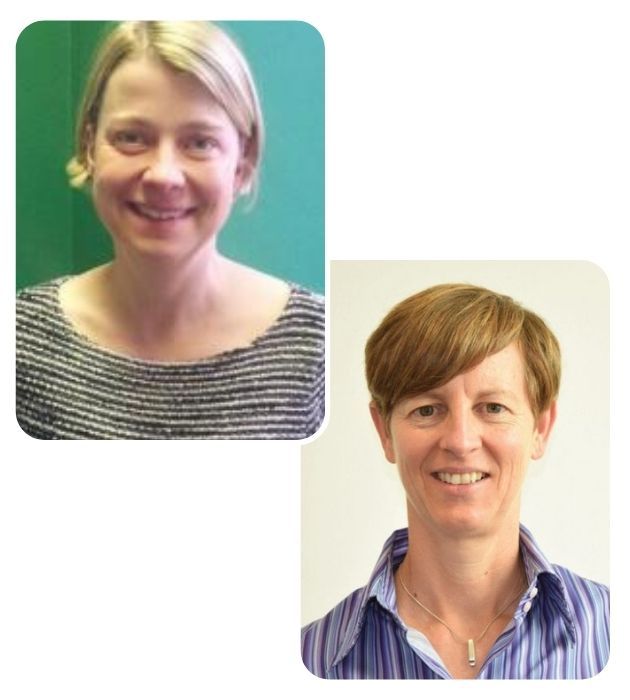
We need to rebuild our social fabric
Jeanelle de Gruchy and Dr Charlotte Augst
- Health inequalities
We have got far too used to Brexit drowning out work on the key issues that really affect the wellbeing of our population. So much so, that it was a surprise for many when the Government managed to push out its consultation paper on prevention just before Theresa May left office.
The Green Paper contains many good proposals that are hard to argue with: making Britain smoke free by 2030 and halving childhood obesity by the same year, are goals that would have a significant impact on people’s lives if they were achieved. We also welcome the ambitious target of adding five healthy years to people’s life expectancy. This commitment offers the opportunity for bold action to make health and wellbeing a cross-government priority, like in Wales and New Zealand.
However, there is an overall lack of ambition and little to offer in terms of how these goals can be delivered. The paper gets carried away with its own rhetoric on ‘targeted’ and ‘intelligent’ prevention (as if public health hasn’t always been a data driven practice, using scarce resources where they matter). It suggests genetic testing, apps and ‘lifestyle’ advice will make the difference and will be the main driver for change.
But – as local government and voluntary and community sector (VCSE) organisations, which support people to have better, healthier lives – we strongly believe that this way of thinking will lead to a dead end. Although some diseases are due to genetics, these play a much smaller role in shaping a person’s health than where they are born, grow up, live, work and age. It is simply not the case that poorer people are genetically different from their better off neighbours. Rather it is the unequal social, economic and environmental circumstances throughout people’s lifetime that contribute to widening health inequalities. This imbalance has only been made worse by the years of austerity and sustained cuts to local authority and VCSE provided services and interventions – including youth clubs, children’s centres, social care and much more.
The consultation paper says nothing about funding for such social infrastructure and little about the role of places and communities. This shows a lack of understanding of the things that good, healthy lives are made of and what is needed to rebuild the social fabric that enables us to thrive: attractive places that help us to connect to each other, advice and support when we encounter difficulties, activities that create relationships, purpose and resilience. A healthy society is not one that waits for people to become ill, but one that sees how health is shaped by social, cultural, political, economic, commercial and environmental factors, and acts on these.
As we enter another turbulent chapter of national politics, we are disappointed that we haven’t succeeded in landing these insights with enough policy makers on the national stage yet. But now is the moment to redouble our efforts. Locally, we will continue doing what we do best – enhancing wellbeing and creating social value. Nationally, we will continue to make the argument for investment in social infrastructure and services that benefit those whose lives are blighted by inequality, economic decline and lack of connection. This work hasn’t stopped, and neither will we.
Biographies
Charlotte Augst, Chief Executive, National Voices
Jeanelle de Gruchy, President, Association of Directors of Public Health
The Association of Directors of Public Health (ADPH) is the representative body for Directors of Public Health (DsPH) in the UK. It seeks to improve and protect the health of the population through collating and presenting the views of DsPH; advising on public health policy and legislation at a local, regional, national and international level; facilitating a support network for DsPH; and providing opportunities for DsPH to develop professional practice.